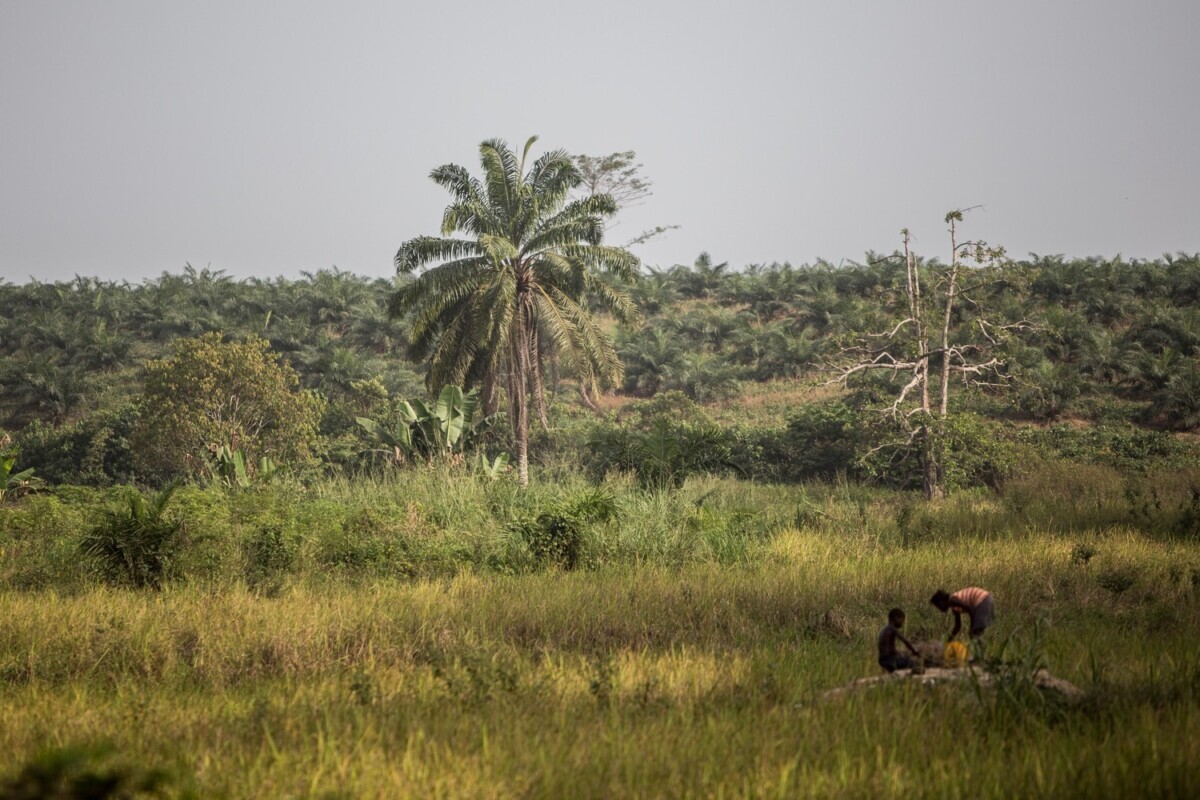A two-year investigation into 139 complaints lodged by communities in Africa and Asia affected by tropical plantation company Socfin has confirmed that many of the allegations are at least partly valid, according to a statement released by a collective of 33 civil society organizations from around the world. The statement follows the final report by the Earthworm Foundation (EF), a nonprofit that was commissioned by Socfin to look into the allegations of communities in Côte d’Ivoire against Socfin’s Ivorian subsidiary SOGB in Grand Béréby. In its visit to Côte d’Ivoire, EF confirmed SOGB concessions encroached village land, labor issues, and the plantation’s history of non-compliance with free, prior and informed consent (FPIC) standards. Previously, during its two-year investigation, EF visited 12 Socfin-owned plantations in Cameroon, Côte d’Ivoire, Ghana, Liberia, Nigeria, Sierra Leone and Cambodia. These visits also found ongoing severe human rights violations, prompting EF to urge Socfin to take meaningful action. “Earthworm is trying its best by conducting field visits to better understand the problems facing communities and workers, but it is unable to change Socfin’s policy,” Emmanuel Elong, a community member and the president of the National Synergy of Peasants and Residents of Cameroon (Synaparcam), told Mongabay in a message. The civil society signatories of the recent statement analyzed all EF reports published over the past two years and found that almost two-thirds (59%) of the communities’ grievances were confirmed as “founded” or “partially founded.” About one-third (30%) of the allegations were labeled as “unfounded,” while the rest…This article was originally published on Mongabay
From Conservation news via this RSS feed


